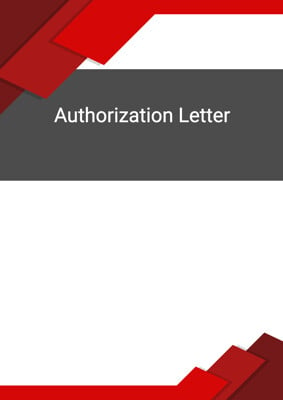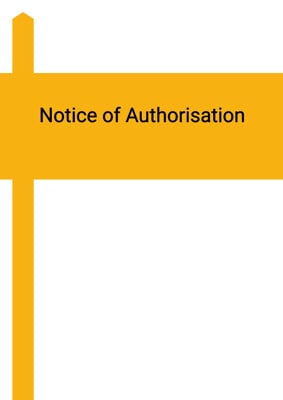How to Tailor the Document for Your Need?
01
Create Document
Fill in the details of the parties. You can click the "Fill with Member’s Information" button to complete it with information saved to your account.
02
Fill Information
Please fill in any additional information by following the step-by-step guide on the left hand side of the preview document and click the "Next" button.
03
Get Document
When you are done, click the "Get Document" button and you can download the document in Word or PDF format.
04
Review Document
The document should be signed by the authorised signatory (or directors of a company) and witnessed to complete the formality.
Document Preview
Document Description
The Power of Attorney - Company document is a legal document that grants authority to an appointed attorney to act on behalf of the principal. The document begins with a brief introduction, stating that the principal appoints the attorney as its true and lawful representative. The attorney is authorized to perform various acts and execute necessary documents on behalf of the principal.
The document specifies the following responsibilities for the attorney:
1. Acting as the company secretary for the principal: The attorney is authorized to fulfill the duties and responsibilities of a company secretary on behalf of the principal.
2. Filing tax returns for the principal: The attorney is authorized to prepare and submit tax returns on behalf of the principal.
3. Attending court hearings for the principal: The attorney is authorized to represent the principal in court hearings and legal proceedings.
4. Entering into arrangements with governments, authorities, corporations, companies, and persons: The attorney is authorized to negotiate and enter into agreements, contracts, grants, licenses, leases, and other arrangements with various entities and individuals.
5. Signing and executing contracts, deeds, agreements, and documents: The attorney is authorized to sign, seal, make, and execute all necessary legal documents and agreements on behalf of the principal.
Additionally, the document states that the power of attorney may be irrevocable for a specified period or for a term of months. During this period, acts performed and documents executed by the attorney in good faith are considered valid and binding on the principal and its successors and assigns.
Furthermore, the document includes provisions for indemnity. Depending on the chosen option, either the principal or the attorney (or both) undertake to indemnify the other party against any actions, proceedings, claims, costs, expenses, and liabilities arising from the exercise of powers conferred by the power of attorney.
The principal ratifies and confirms the actions taken by the attorney in connection with the power of attorney. The document is governed by the laws of the jurisdiction state.
In witness of the principal's agreement, the document is executed and delivered, with space for the signature of party 1 and a witness.
How to use this document?
To use the Power of Attorney - Company document effectively, follow these steps:
1. Provide information: Fill in the names and addresses of party 1 (the principal) and party 2 (the attorney). Ensure that the information accurately identifies both parties.
2. Specify the attorney's responsibilities: Clearly state the specific responsibilities the attorney will undertake on behalf of the principal. This includes acting as the company secretary, filing tax returns, attending court hearings, and entering into arrangements with various entities.
3. Determine the duration of the power of attorney: Decide whether the power of attorney will be irrevocable for a specified period or for a term of months. This will affect the validity and binding nature of acts performed by the attorney.
4. Include indemnity provisions: Choose the appropriate indemnity option based on the agreement between the principal and the attorney. This will determine who is responsible for indemnifying the other party against any liabilities arising from the exercise of powers conferred by the power of attorney.
5. Ratify and confirm actions: The principal should ratify and confirm all actions taken by the attorney in connection with the power of attorney. This ensures that the principal acknowledges and approves of the attorney's activities.
6. Execution and delivery: Once the document is completed, party 1 (the principal) should sign the document. A witness should also sign, providing their name, title/occupation, and address.
By following these steps, the Power of Attorney - Company document can be effectively used to grant authority to the appointed attorney and ensure that all necessary legal requirements are met.
Not the right document?
Don’t worry, we have thousands of documents for you to choose from:
























